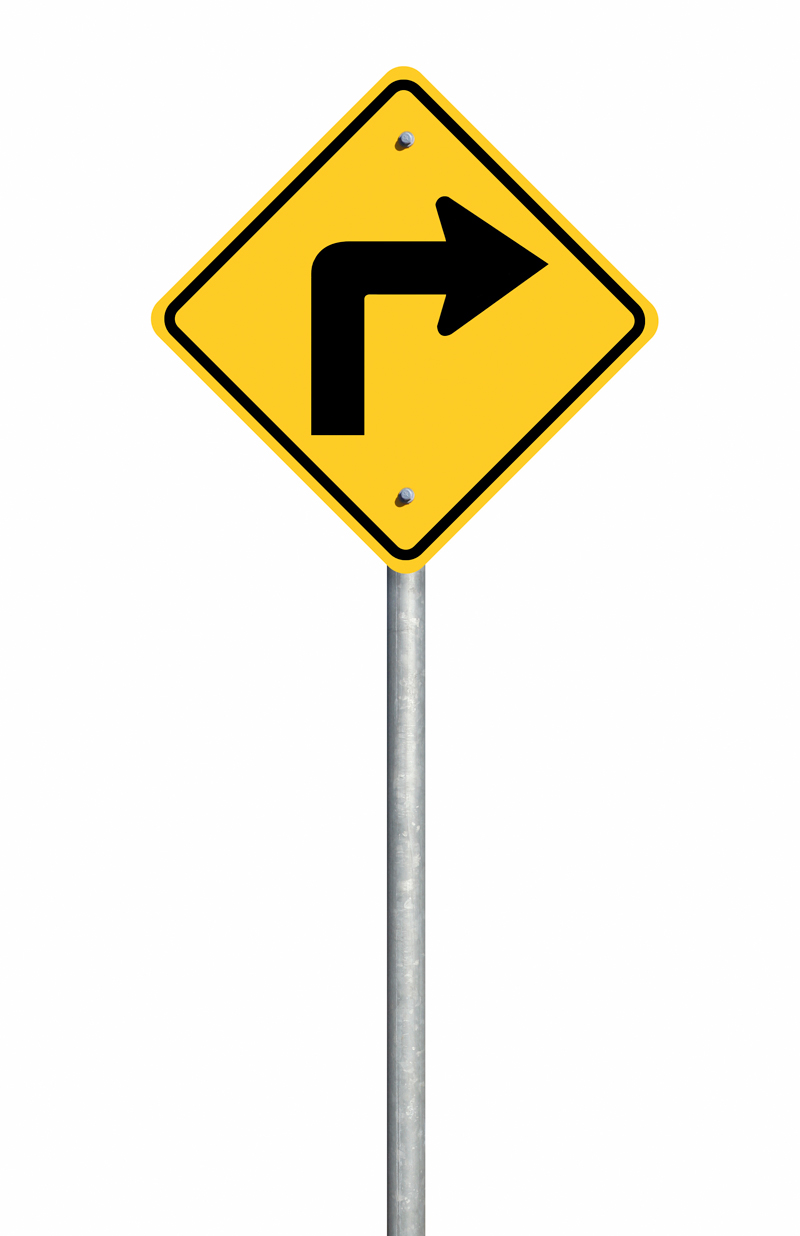
Drivers should exercise extreme caution when turning right, warns Jack Harris
Road traffic accidents have for some time formed the factual basis of a significant proportion of personal injury claims, and will no doubt continue to do so. In many cases, the key battleground between the parties is the standard of the duty of care to be imposed on the defendant driver: in short, what would a reasonable driver have done? Several recent cases have sought to clarify the standard of driving to be expected of a driver in a potentially thorny scenario: when carrying out a right hand turn.
Turning right is an inherently dangerous manoeuvre, in that it involves a vehicle driving across the carriageway reserved for oncoming traffic. It also involves a risk of colliding with a vehicle using that carriageway for an overtaking manoeuvre. A driver will face the task of turning right in two main situations:
- when turning off a major road onto a minor road situated on the right; and
- when turning right from a









